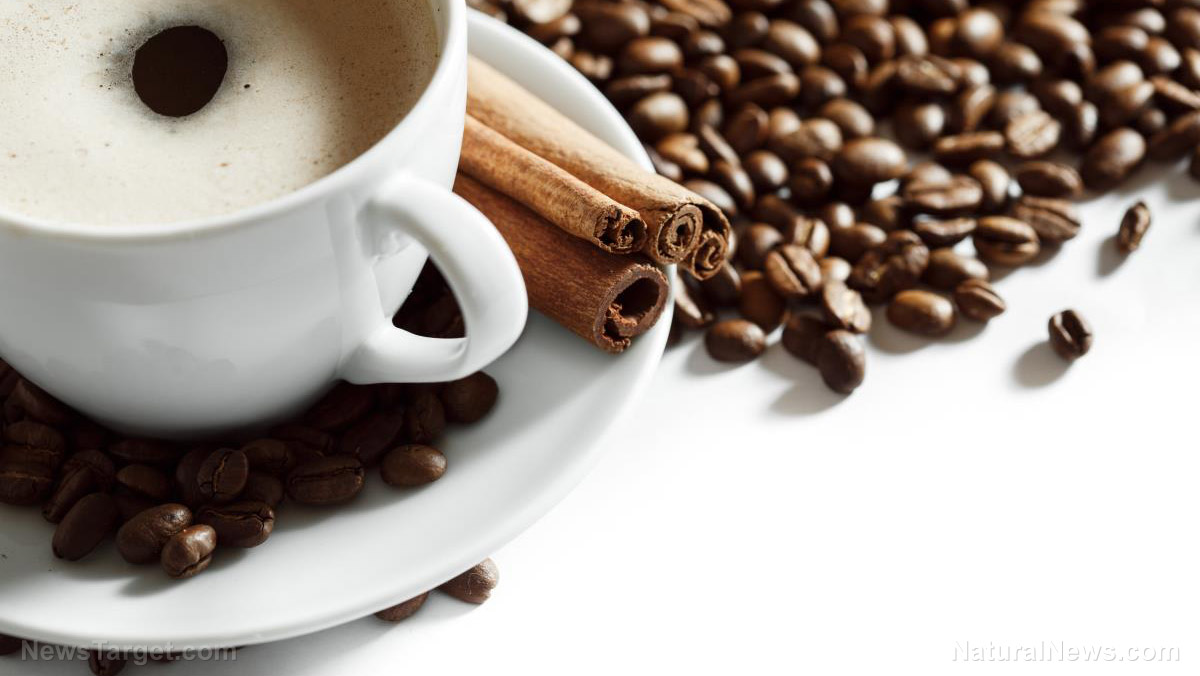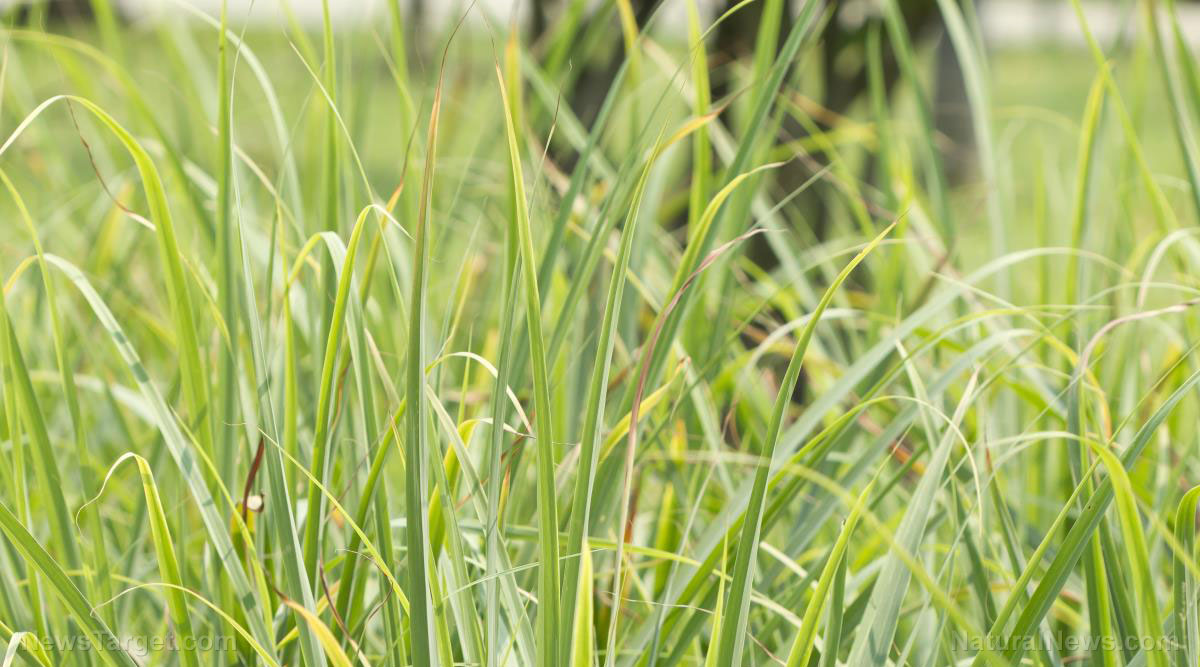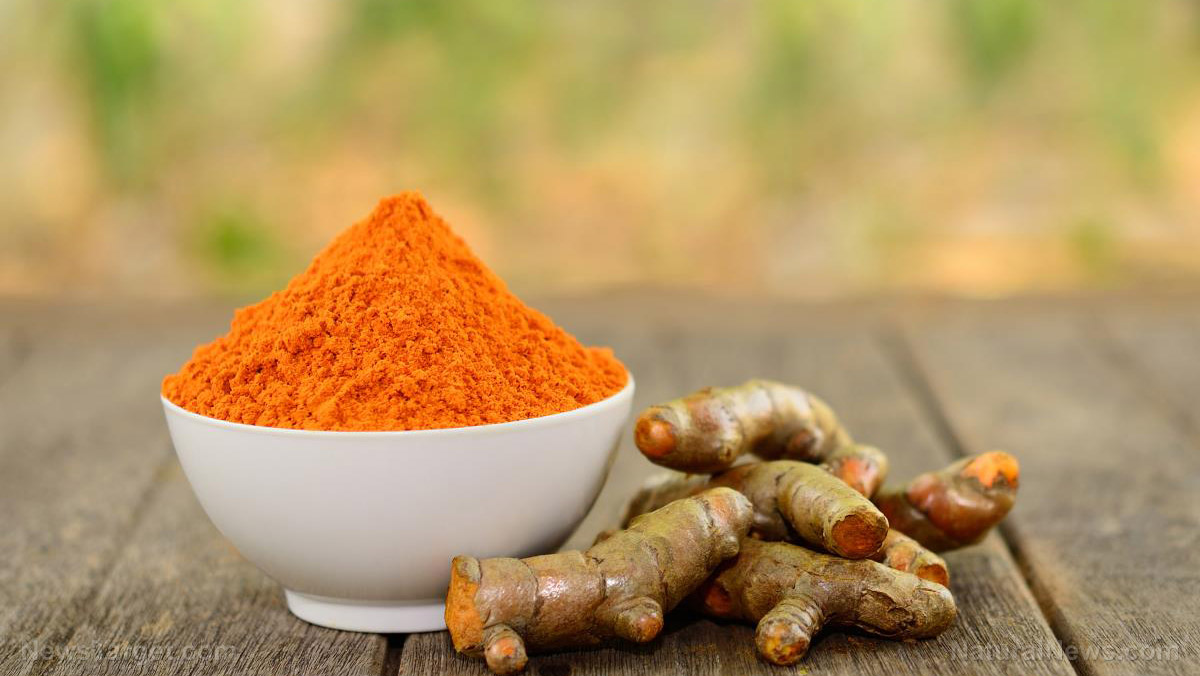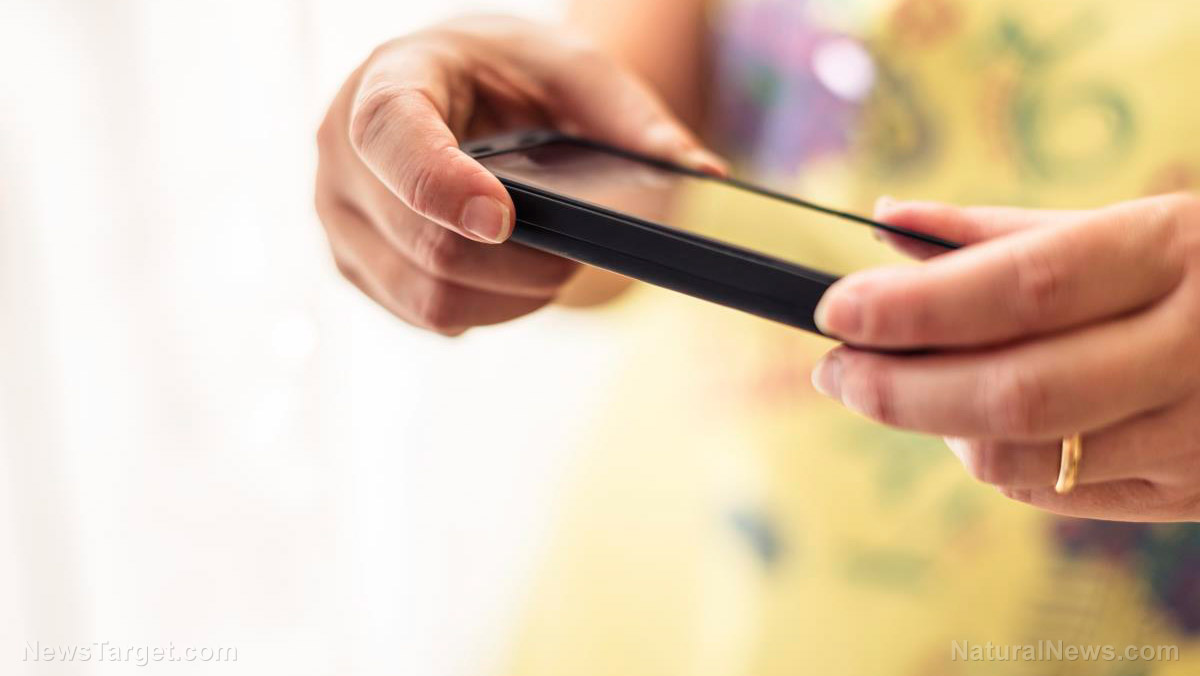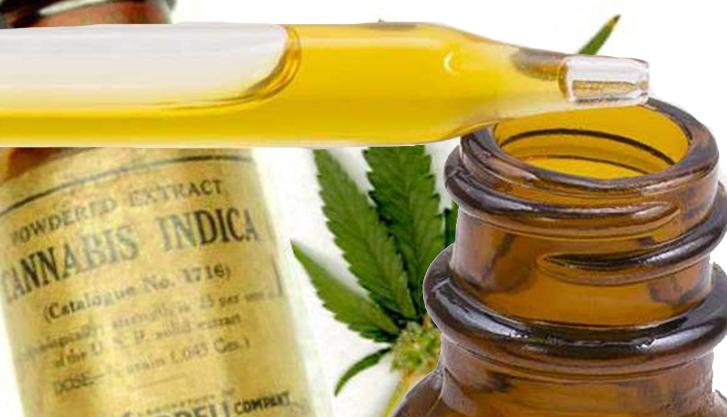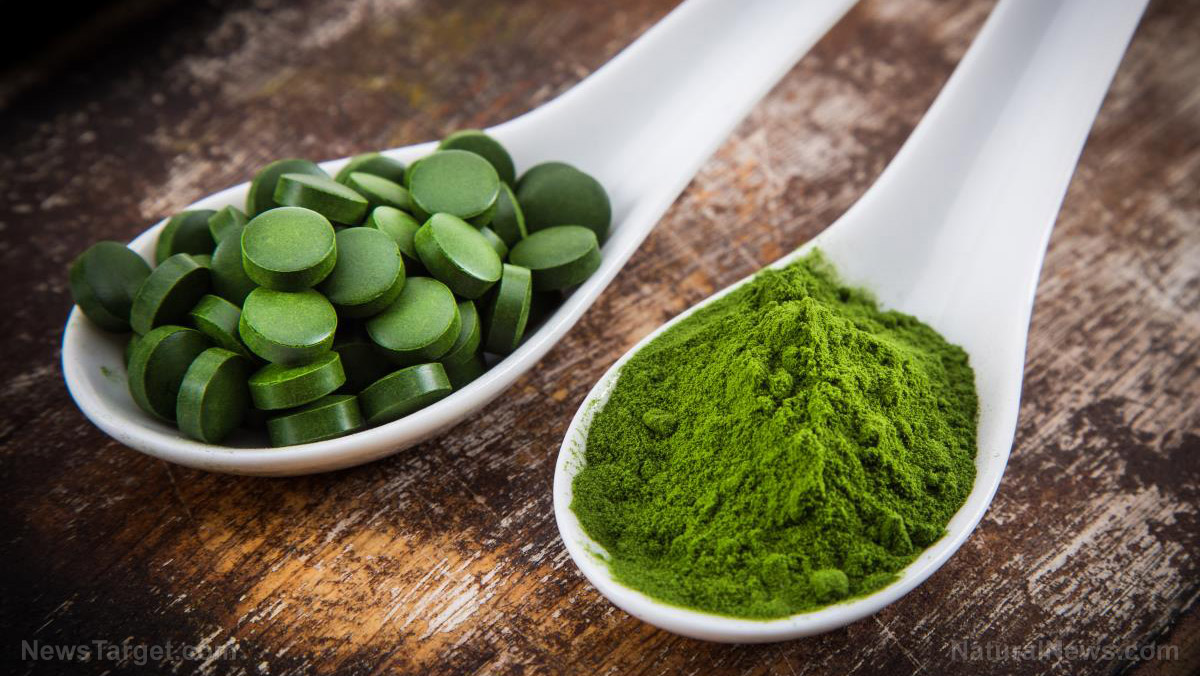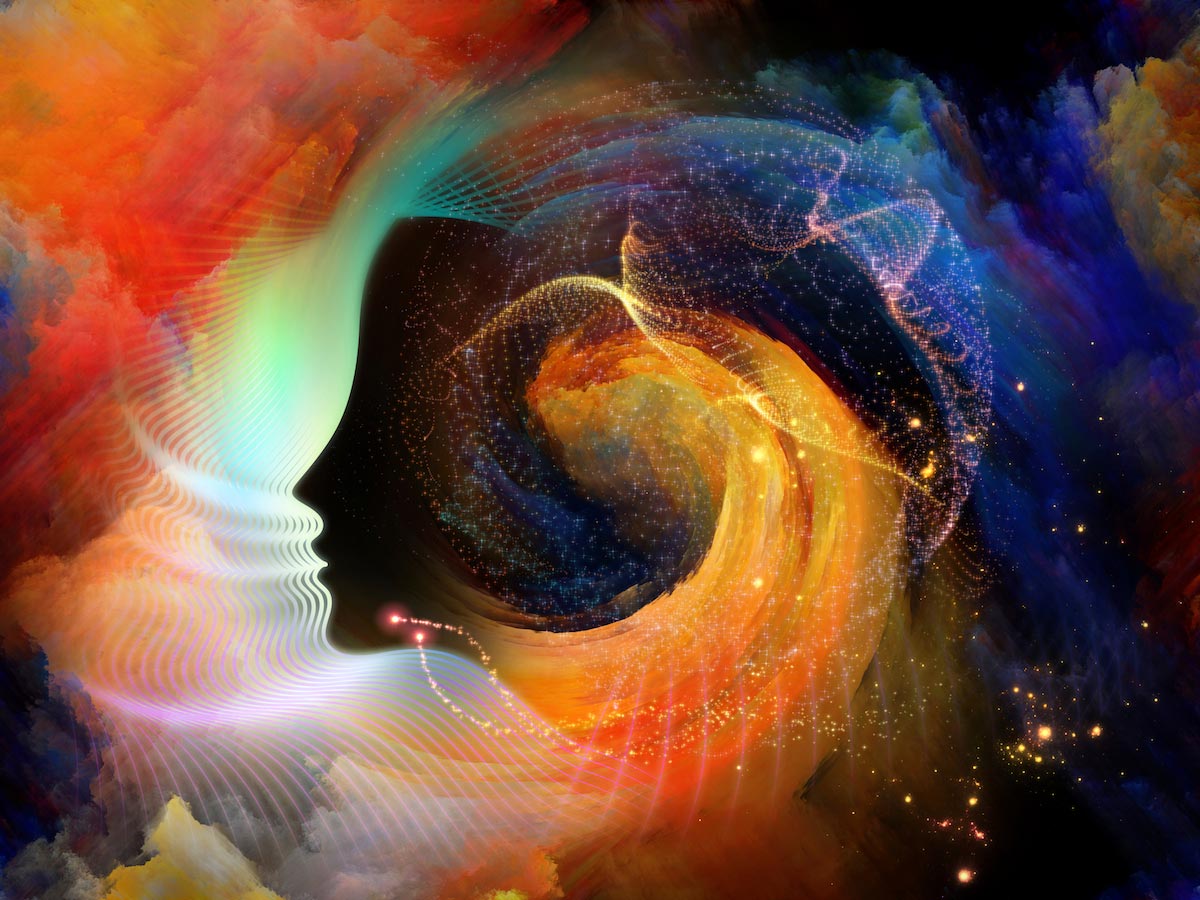The healing effects of qi for mental health: Using acupuncture and TCM to treat emotional distress
10/18/2018 / By Isabelle Z.

Some of the best remedies for many physical health problems were inspired by Traditional Chinese Medicine, or TCM. With thousands of years of experience and wisdom backing it, the approach has long been a good source of safe yet effective treatments for a variety of ailments. Despite this, it still doesn’t quite get all the attention it deserves in the West – particularly when it comes to solving mental health issues.
The National Institute of Mental Health reports that one out of every five adults will suffer from at least one mental health disorder in any given year, and depression and anxiety disorders are the most common mental illnesses. The use of depression and anxiety medication is skyrocketing, even though studies show these medications aren’t particularly effective. Worst of all, they carry a host of dangerous side effects, including a higher risk of suicide.
That’s why it has never been more urgent to find better ways to treat mental illness. Sadly, Western medicine often dismisses the ideas found in TCM. The concept of Qi is a particularly valuable one that should not be ignored. Originating from the interaction of the five elements – water, earth, wood, metal and fire – it acknowledges the connection between the body and mind. It’s based on the belief that a disruption in balance can affect the nature that living systems express and cause disease.
Qi flows through the body, supplying energy for various processes, keeping organs in check, and helping the body achieve the state of wellness. Blocking the flow of Qi, however, prevents healing from occurring.
Mother Nature's micronutrient secret: Organic Broccoli Sprout Capsules now available, delivering 280mg of high-density nutrition, including the extraordinary "sulforaphane" and "glucosinolate" nutrients found only in cruciferous healing foods. Every lot laboratory tested. See availability here.
What does the research say?
One excellent way to restore this balance is by using acupuncture. Although acupuncture has been growing in popularity in the West since the 1970s, it has really taken off in recent times as the body of research grows illustrating how much it can help address mental conditions.
For example, a study that was published in the Journal of Acupuncture and Meridian Studies noted that 20 minutes of acupuncture helped students feel less anxious and enjoy better working memory than those who did not get the therapy.
A study in the Journal of Endocrinology discovered that rats had lower stress hormones after getting electric acupuncture. Another study in CNS Neuroscience and Therapeutics showed that acupuncture got comparable results to the gold standard in psychological therapy for treating anxiety, cognitive behavioral therapy.
According to Traditional Chinese Medicine, anxiety is related to an imbalance between the kidney and the heart. Therefore, acupuncture at points around the kidney and heart is used for treating anxiety, along with those around the ear and spleen.
Depression, meanwhile, is believed to be related to the circulation of Qi throughout the body. The liver is responsible for the circulation of Qi, according to TCM, and the spleen and heart serve as support. A technique called the Four Gates is used for treating depression. This entails stimulating points on the hands between the index finger and thumb as well as one between the big toe and the second toe on both feet.
The thought of having needles inserted into your body might actually make you even more anxious, but the truth is that these extra-fine needles are usually inserted so gently that you can’t even feel it. Acupuncture is not only an effective method of addressing many mental health issues; it’s also a very safe approach. Having a healthy mind can have positive effects that extend to your physical health as well.
Sources for this article include:
Tagged Under: acupuncture, Anxiety, depression, mental health, mind body science, natural remedies, qi, TCM, traditional Chinese medicine




